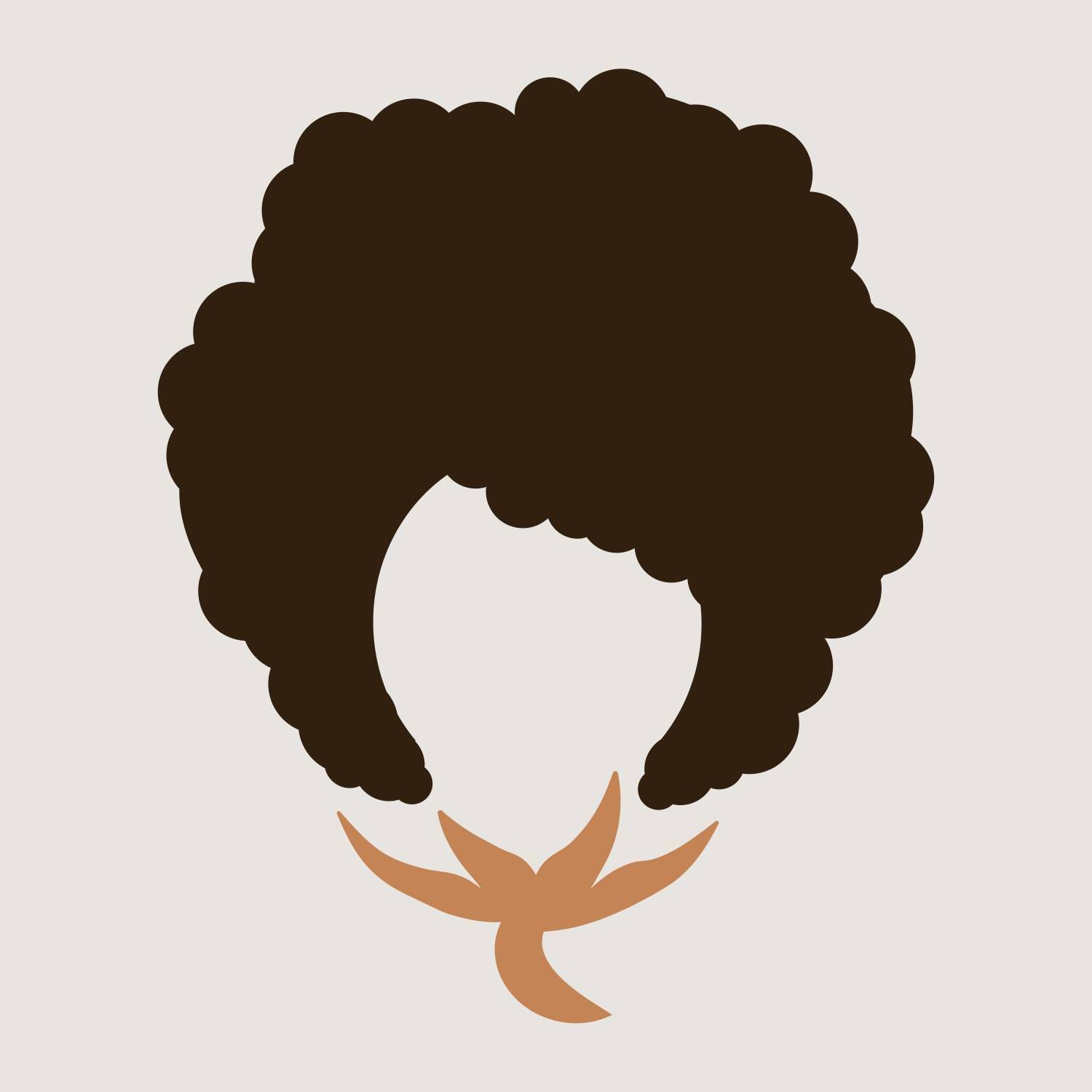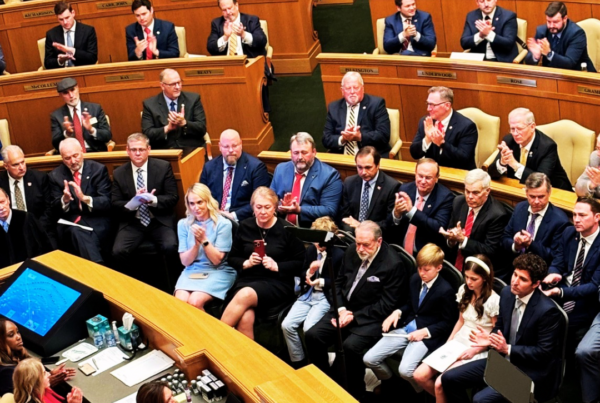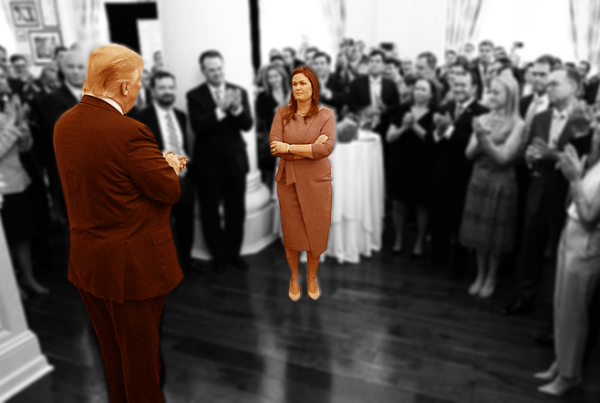You probably know the American South is sometimes called the Sun Belt, or the Bible Belt, but have you heard of the Black Belt? Originally the term referred to regions of rich, dark, fertile soil ideal for farming (in other words, the South). Now it refers not only to the dark soil, but also to the skin of many of the people who live here.
Adena White, a homegrown Arkansan, created Blackbelt Voices to explore the cultural crossroads of being black and Southern. After an award-winning debut, Blackbelt Voices Season 2 will focus on the politics of being a black voter in the South. The first episode, “Fighting for the South,” features voices of black women running for office, activists helping to get out the vote, and experts on media bias.
“Something that frustrated me about the election was just kind of how the South is seen as white. … Where are black Southerners in the conversation?”
Adena White, creator of Blackbelt Voices
White and co-hosts Katrina Dupins and Kara Wilkins draw from plenty of lived experience. The granddaughter of dairy farmers, White grew up in rural Center Ridge, Arkansas, and she likes it around here. “I would never want to move too far,” she said. “There’s certain things I just really appreciate about living here, and I can’t let people run me off. People who have been harmed have every right to leave where they grew up. They don’t have to stay for any of that stuff. But, it’s kind of a way to reclaim it. This is my home, too. My family has been in the South since we were brought over from Africa. My grandma has lived on the same piece of land for literally a hundred years. She just turned a hundred.”
So she felt uneasy when she noticed the national conversation, especially in the run-up to the 2016 election, misrepresented the South as she knew it. “Something that frustrated me about the election was just kind of how the South is seen as white,” she said. “Like, when we think of ‘Southern,’ we think, ‘white.’” Think country music, Confederate flags and baby Southern belles in monogrammed smocked dresses. Those things are easy to find, sure, but they aren’t the whole story. “Where are black Southerners in the conversation?” White asked. “Like, black Southerners I grew up with? Where do we fit? Maybe I can tell more stories about the people that I learn from. I just want to talk to them and get to know all the people down here who are really killing it. And there’s so many people, not just activists. Just black folks in the South.”
And so, with the help of her sister Katrina Dupins on production and Kara Wilkins as co-host, Blackbelt Voices launched in Fall 2019. Some of the topics are unexpected; all of them challenge listeners to consider issues of race in a different way. Some episodes are weighty with the South’s dark and deadly history, others sparkle with art and culture. Headier episodes explore little-known Arkansas true crimes like the Elaine Massacre and a decades-old police brutality cover-up in Conway. One episode covers the significance of natural hair. Another features a black interior designer with tips on choosing houseplants that are hard to kill.
The first episode of Blackbelt Voices Season 2 came out this week and features political organizers working to empower voters in the South.
The first season landed on fertile ground, attracting an audience eager to hear from Southern women of color. In the first year, Blackbelt Voices was featured by Vanity Fair. And the podcast’s logo got loads of attention for its simple beauty and complex symbolism. “It took off faster than we thought,” White said. “It actually took off nationally before it did locally. I think that because the timing is right, people are eager to learn. And that was kind of a combination of having the podcast, and then what happened this summer with the racial reckoning. So those things merged, and I think people are more receptive to it than they maybe have been previously.”





